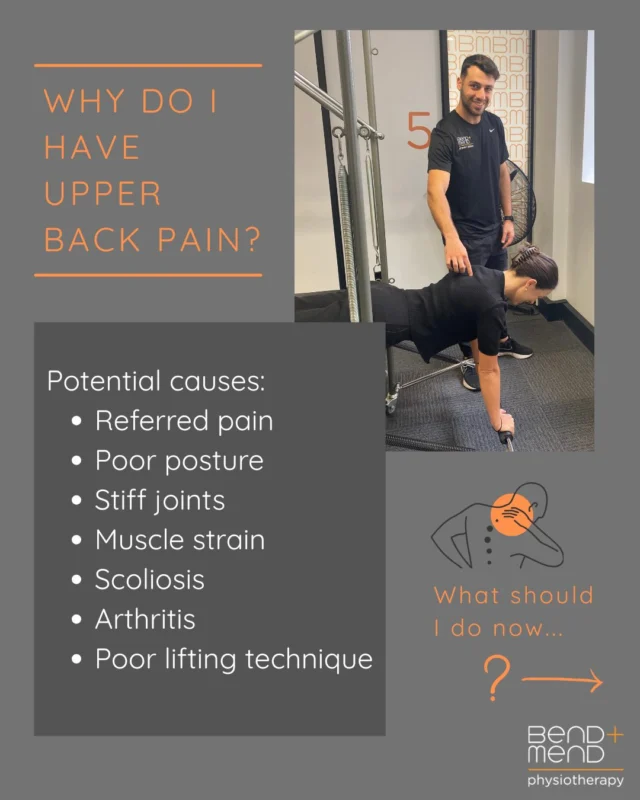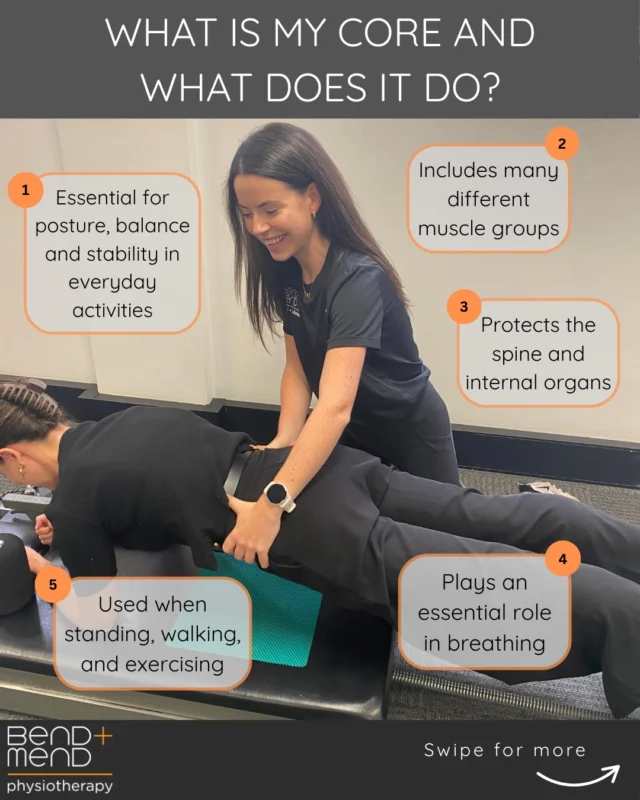Cardiovascular health is something that is often discussed in the media, when thinking about our own health and in discussions with friends and family. It is obvious why we want to keep our hearts healthy in relation to events such as heart attacks and strokes, but often when these things happen, it is too late to reverse the cardiovascular effects of a lifetime of poor habits.
Atherosclerosis is a condition where there is thickening of the walls of the arteries and a build-up of calcified fatty plaques in the walls of our blood vessels. This condition develops over time and is influenced by several lifestyle habits and co-morbidities. This condition is often something that leads to an event such as a heart attack as these fatty plaques rupture and block off the blood supply to the heart, leading to tissue death in parts of the heart and the chest pain which is characteristic of a heart attack. So how do you know if you have atherosclerosis? Unfortunately, there are usually minimal symptoms of this condition, you won’t have transient chest pain or shortness of breath until at least 70% of your blood vessel is blocked off and once this happens it is much harder to manage and treat.
The best way to help reduce your cardiovascular risk is to maintain a healthy lifestyle and have good management of any co-existing conditions.
Smoking is one of the biggest risk factors for a cardiovascular event. When a person smokes it changes the way in which the cells in the blood vessels act and causes them to become more prone to clotting and thickening. Alcohol can also act in this way and is another risk factor for the development of cardiovascular disease. Co-existing conditions such as diabetes is another huge risk factor for cardiovascular disease, especially when it isn’t treated or managed well due to the effects the condition can have on blood vessels.
Diet and exercise are the other two important risk factors for cardiovascular health. A diet high in fatty foods and the wrong oils are more likely to cause fatty plaques to develop in the walls of the arteries and predispose someone to cardiovascular disease. A diet high in vegetables, wholegrains and fish is more protective of cardiovascular health in the long term. Exercise and weight management are crucial to cardiovascular health to reduce blood pressure and any unnecessary strain that is on the heart to pump blood around the body. Exercise including resistance and aerobic work are crucial to maintain good heart function.
Cardiovascular health relies on a number of lifestyle choices and it is never too late to change your habits. If you are concerned about your cardiovascular health, it is best to get in contact with your GP. If you need help with exercise and getting back on track, come see one of our experienced Physiotherapists here in the Sydney CBD.





